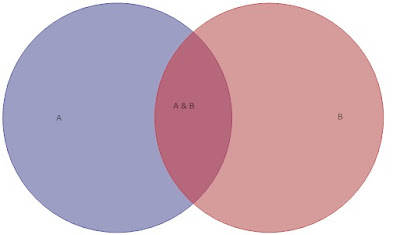


It's here: the law of evidence on Spindle Law. See also this post and this post.
It's here: the law of evidence on Spindle Law. See also this post and this post.
Sometimes there are too few degrees of separation from horrors.
It's here: the law of evidence on Spindle Law. See also this post and this post.
EVIDENCE SECTION PANEL, Saturday, January 8, 2011, 10:30am-12:15pm, The Future of Statistics and the Law.This looks like a very interesting program.The panel this year is something of an homage to the fortieth anniversary of the Finkelstein-Fairley-Tribe debates in the Harvard Law Review over the use of statistical evidence in legal proceedings. Given the recent popularity of quantitative methods in the legal academy and the growth of computationally intensive methods in areas like on-line retailing, I thought it would be a good time to revisit the question of the place of statistics in the law.
The panel, comprised of Erica Beecher-Monas (Wayne State), George Fisher (Stanford), Jay Koehler (Northwestern), and Mike Pardo (Alabama), will look at the future of statistical evidence from a variety of angles. In addition to a historical look at the old chestnut, People v. Collins, the panel will examine the promise of statistics in generating more rigorous inferences, the philosophical objections to this promise, and how statistics have played out in real courtroom battles.
It's here: the law of evidence on Spindle Law. See also this post and this post.
